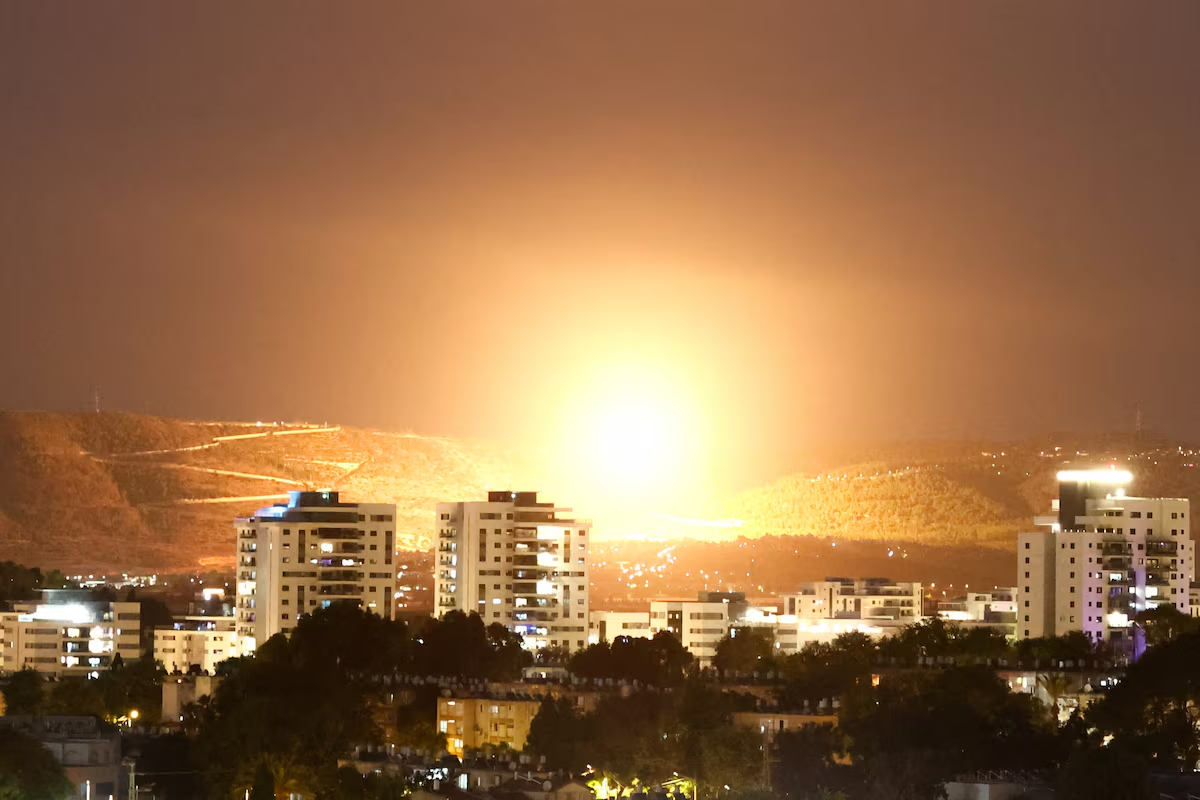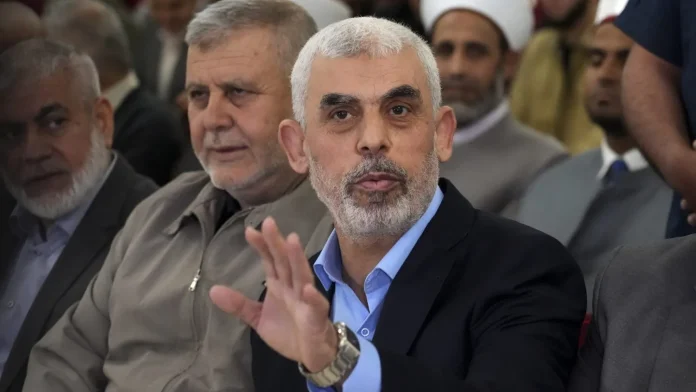Reports have surfaced that Yahya Sinwar, the leader of Hamas and the mastermind behind the deadly October 7, 2023 attack on Israel, may have been killed, according to Israeli officials and media. Israeli security cabinet members were briefed that Sinwar is likely dead, following a targeted military operation in Gaza. This would be a significant blow to Hamas, the Palestinian militant group that has been engaged in a fierce war with Israel since the attacks on October 7, which left 1,200 Israelis dead, most of them civilians.

The Israeli military confirmed that Sinwar might have been struck during an operation targeting three militants in the Gaza Strip, though Hamas has not yet commented on his fate. Sinwar, once the head of Hamas’ Gaza operations, had recently ascended to the group’s paramount leadership after the assassination of political chief Ismail Haniyeh in Tehran. His death, if confirmed, would be seen as a major success for Israel in its ongoing efforts to dismantle Hamas.
This development comes as tensions in the region have intensified, with fears of a wider conflict growing. Iran has reportedly been involved, launching a missile attack on Israel earlier this month, to which Israel is expected to retaliate. Israeli officials have hinted at the possibility of targeting Iran’s nuclear facilities or other critical infrastructure in response to the escalating hostilities.

The death of Sinwar would be a major morale boost for Israeli Prime Minister Benjamin Netanyahu, who has pledged to destroy Hamas. Sinwar was the chief architect of the October 7 attack, which was the deadliest assault on Jews since the Holocaust. The Gaza war has since claimed over 42,400 lives, mostly civilians, according to Gaza health authorities, and displaced much of Gaza’s 2.3 million residents.
Hamas has constructed a vast network of tunnels under Gaza over the last two decades, and Sinwar has reportedly been hiding in these tunnels to evade Israeli forces. Despite the intense air and ground campaign by Israel, which has targeted Hamas leaders and militants, the war continues with no end in sight.
Meanwhile, in Lebanon, Israel has launched its own offensive against Hezbollah, a militant group backed by Iran that has been supporting Hamas. Israeli military operations in Lebanon have killed over 2,350 people, displacing more than 1.2 million, according to the Lebanese health ministry. Hezbollah has launched several attacks across the border, prompting Israeli retaliation.

Israel’s Defence Minister Yoav Gallant has reiterated that the Israeli military will continue its operations against Hezbollah in Lebanon and Hamas in Gaza, rejecting any calls for ceasefire negotiations. He emphasized that any discussions would only occur “under fire,” reinforcing Israel’s determination to maintain pressure on both militant groups.
Iran’s involvement in the conflict has further complicated matters, with the Revolutionary Guards issuing warnings to Israel about potential retaliatory strikes. Iran has reportedly launched missile attacks, and Israeli officials are weighing a possible military response, raising the stakes for a broader regional war.

As part of the conflict’s broader regional scope, U.S. forces have been involved in strikes against Iranian-backed Houthi rebels in Yemen. The U.S. military recently targeted five underground weapons storage sites in Houthi-controlled areas, part of ongoing efforts to curb the rebels’ attacks on Israel and other U.S. allies in the Middle East.




